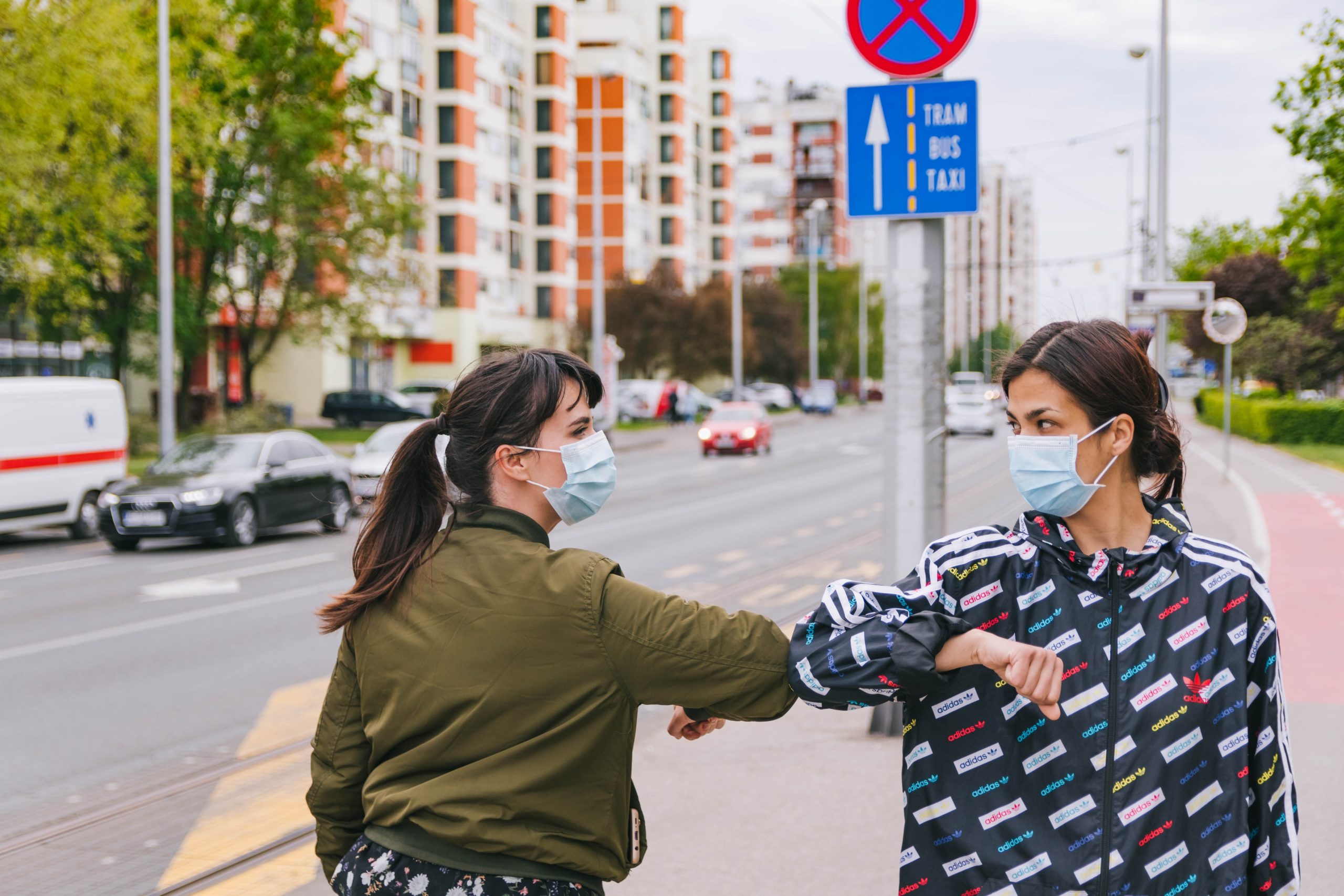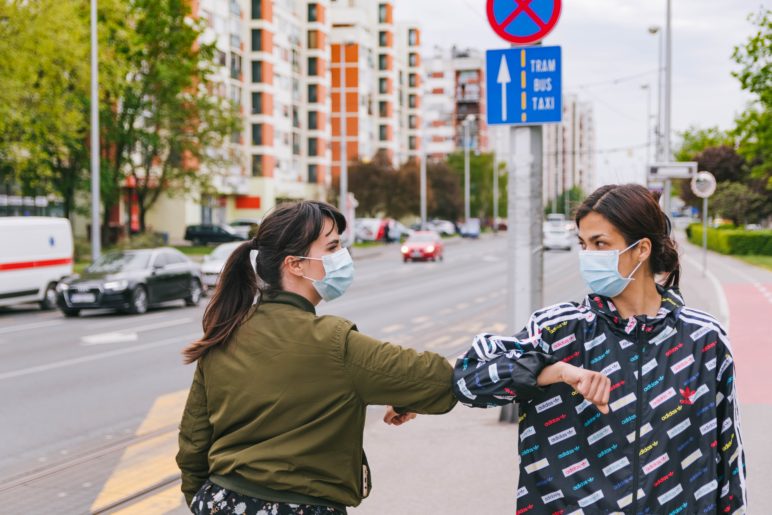The world that rises from the ashes of the coronavirus will be different. We’re already hearing that it will be more remote-based, hands-free, automated, and perhaps drone-filled. In May, I offered three hypotheses about what this health crisis will bring over the long term. In this series, I’ll speculate on what (I hope) won’t survive after the pandemic in the medium term (the period of the virus and its aftermath when—fingers crossed!—we have a vaccine or a cure).
I have been thinking a lot about things that I hope will not make it through this health crisis (at least not in their current forms) and will not recover to anything like their prior scale or prevalence. My undertaking is neither one of predictions, nor is it a wish list. It’s somewhere in between. The focus is to identify unsustainable industries or practices of our old world that were already in decline or otherwise vulnerable before the pandemic and now may face a giant downward ratchet due to the virus. They could be victims of a pandemic-accelerated form of the creative destruction that Austrian economist Joseph Schumpeter described, wherein social or economic innovation supplants old and familiar ways with better ones.
In this series, I’ll talk about some urgent and monumentally important issues, but I’ll start with one that’s mostly a curiosity, though one with implications on the spread of disease: the handshake.
“I don’t think we should ever shake hands ever again,” director of the National Institute of Allergy and Infectious Diseases Dr. Anthony Fauci said in April.

“I don’t think we should ever shake hands ever again,” director of the National Institute of Allergy and Infectious Diseases Dr. Anthony Fauci said in April. He’s right. Ancient and culturally entrenched in the West as a sign of friendly intent (or possibly a subliminal mammalian way to smell each other), the handshake is a filthy custom that spreads disease. Handshakes are swap meets of bacteria and viruses. One study found that a hand has about 150 different bacteria species on it, but each hand has different species. The study of 102 people found more than 4,700 species of bacteria on their hands, and those on a person’s two hands overlap only by about 17 percent. From every surface we touch, we can pick up as many as half of the bacteria species found there.
Among the most common bacteria on our hands is fecal coliform. That’s right: poop bacteria is on most of our hands, not just because about one-tenth of people do not wash their hands at all after using the toilet, according to a 2013 study, but also because 95 percent of people do not wash their hands well. Maybe we’re all washing our hands better now, thanks to education about protecting ourselves from the coronavirus, though it’s doubtful. But even if we are, will we continue to sing Happy Birthday (or Beyoncé) while scrubbing forever? Also doubtful. Once there’s a cure or a vaccine, we’ll get lazy again.

Things to say goodbye to after the pandemic: The handshake, “a swap meet for germs.” Photo: @Wutzkoh via Twenty20
Even among doctors and nurses in hospitals—the people most likely to understand why and how to wash their hands—only about 40 percent do a good job. Some experts argue that we should ban handshakes in medical facilities to save lives, which raises the question, since we’ve already largely unlearned the habit in 2020, why not ban it everywhere? There might be a few exceptions. If you’re, say, signing a new (ahem) climate treaty, go ahead and shake on it for the cameras . . . and then reach for the hand sanitizer. But for everyday interactions, why not bow like people do in Japan, place a hand on your heart, or namaste? Or bump elbows (or feet)? Or give dap by bumping fists, which still involves some hand-to-hand contact but transfers 90 percent fewer germs?
Shaking hands is habitual in the West. It has also silently and chronically spread illness for centuries. The pandemic has finally broken the habit. I hope we never go back.
Next time: junk mail.











scott hu
I think some Latino and European readers might take issue with this. No doubt there are health issues to consider, but I don’t think we should underestimate the importance of touch in social interactions.
Anders
Unrelated to health is the social expectation and meaning given to handshakes. The idea of a firm handshake signaling masculinity, power, authority, or trustworthiness also seems like a misattribution that has outlived its relevance. The other greetings you mention are much more cooperative and humane in their meanings, something that also seems more indicative of the interdependence and support we should be moving toward as we confront current systemic challenges.
KH
I love this response so much! Agree!
Steve Erickson
Touch. No alternative greeting is going to get as much traction as the handshake if it does not include flesh touching flesh. Our close relatives spend a lot of time touching and grooming each other to cement ad define all kinds of relationships. Perhaps we should go in that direction also, if for no other reason than the image of Vlad and Donald grooming each other, picking and eating each other’s lice . . .
Peter
I always shake hands and haven’t spent the day in bed since 1992. You don’t need to have an obsessive compulsive disorder to stay healthy. As for the elbow bump, people cough and sneeze into their elbows. How is the elbow bump healthy? It should never have seen the light of day. If the author of this article doesn’t want to shake hands, he can do the namaste, vulcan salute, heartburn or whatever other nonsense he chooses. I believe in freedom which includes the freedom to shake hands with those who choose to shake hands with me.
Tom
It seems like every year or two there’s a story in the news about how some everyday object is covered in bacteria: sponges, towels, pillowcases, other peoples’ hands, etc. I think we’re slowly realizing that everything, everywhere, is almost always covered in bacteria (unless maybe you JUST cleaned it). Trying to avoid bacteria just for the sake of avoiding bacteria is impossible, and shouldn’t be a goal.
Most species of bacteria are not harmful to us, many are actually helpful, and exposure to different bacteria is possibly beneficial to our immune systems.
Of course we have to do what we can to avoid Covid for now, but I’m looking forward to handshakes in the future.
Peter
Well said!
MParker
Question:
What is the sound of one hand clapping?
Answer:
A virtual high five in the Covid-19 era.
David
Strong people like freedom and individual choice, including the choice to shake hands. Weak people want the government to ban things they are afraid of.